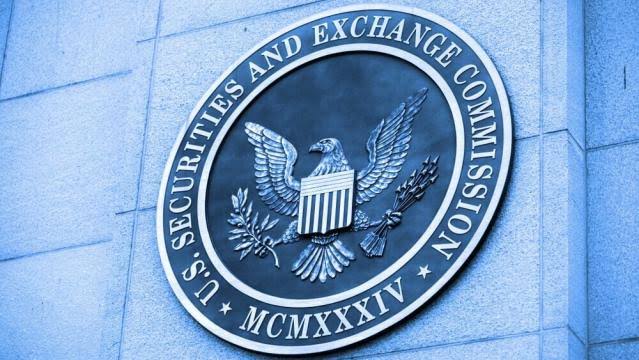Leading cryptocurrency exchange Kraken and the United States Securities and Exchange Commission (SEC) are engaged in a legal battle that appears to be another misguided attempt by the SEC to impose control over a sector that fundamentally defies an antiquated regulatory playbook.In its November action, the government charges Kraken with conducting business as an unregistered securities exchange.The case goes beyond the SEC’s previous missteps.It’s also an obvious case of overreaching regulation that misses the mark on what makes a cryptocurrency.It is similar to the agency’s efforts against Coinbase, indicating a strong regulatory approach that is ineffective and harmful.The SEC claimed that Coinbase was functioning as an unregistered securities exchange in its lawsuit against the company.The method essentially misinterprets what cryptocurrencies are.
This complaint goes beyond the SEC’s previous missteps.It’s also a clear example of overreaching regulation that misses the mark on what makes a cryptocurrency.It is reminiscent of the agency’s efforts against Coinbase, demonstrating an aggressive regulatory approach that is ineffective and harmful.Similar claims about functioning as an unregistered securities exchange were made by the SEC in its lawsuit against Coinbase.The strategy is based on a fundamental misunderstanding of the characteristics of bitcoin exchanges.
Platforms like Kraken, in contrast to conventional securities exchanges, provide a wide variety of digital assets that don’t easily fit under the securities framework.The SEC’s incorrect classification of cryptocurrencies indicates a lack of knowledge of their distinct qualities, which distinguish them from traditional securities as decentralized assets frequently possessing traits resembling currency.
The lack of technical neutrality, which holds that legal systems should treat all types of technology equally and should not reward or penalize any specific one, is among the most notable problems.The SEC’s attempt to force cryptocurrencies into the traditional securities framework not only violates legal requirements but also exhibits a strong prejudice against digital assets.In addition to impeding innovation, this lack of neutrality unfairly singles out platforms that attempt to comply with regulatory requirements.
Because of the SEC’s tough position, businesses may decide to relocate to more cryptocurrency-friendly jurisdictions outside of the United States.The United States may lose its status as a leader in technological innovation as a result of this tendency, known as regulatory arbitrage.The cryptocurrency market is international, and too restrictive laws in one nation only force companies to go, bringing their ideas and financial gains with them.
Similar to how its measures against Coinbase turned out, the Kraken case is poised to serve as yet another illustration of the SEC’s inability to effectively oversee the cryptocurrency industry.In addition to being pointless, this vicious circle of aggressive and ignorant regulation damages the SEC’s reputation.It conveys the idea that the regulatory body is less concerned with comprehending and adjusting to new technological paradigms than it is with using its regulatory power.
There is more to this case than a lone court struggle.It is a sign of a larger problem with the way cryptocurrencies are handled by the US regulatory system.It is imperative that the SEC abandon its antiquated strategies and interact with the cryptocurrency sector in a more knowledgeable and productive way.Regulation is essential, but it has to be sensible, informed, and intended to promote rather than inhibit innovation.The SEC appears to be headed for yet another crushing setback, which will only serve to highlight the necessity for additional regulations.

